Neuropathy, a condition affecting the peripheral nerves, often manifests as pain, numbness, or tingling sensations. While physical therapy and medications are traditional approaches, advancements in technology have brought alternative methods to the forefront. Among these, red light therapy for neuropathy has emerged as a promising solution. Let’s delve into the effectiveness of red light therapy and its potential to alleviate neuropathic symptoms.
Understanding Neuropathy and Its Challenges
Peripheral neuropathy can result from various causes, including diabetes, infections, and injuries. Diabetic peripheral neuropathy, a common subset, poses unique challenges for pain management. Traditional treatments often focus on symptom control rather than addressing the root cause, leaving patients seeking alternative solutions.
The Role of Red Light Therapy in Neuropathy Treatment
Red light therapy (RLT) uses specific wavelengths of red and near-infrared light to penetrate the skin and stimulate cellular activity. This noninvasive treatment is gaining traction for its ability to reduce pain and inflammation, two primary symptoms of neuropathy. Infrared light therapy for feet, for example, has shown promising results in managing foot neuropathy, a condition prevalent among diabetics.
How Red Light Therapy Works
The effects of red light therapy stem from its ability to enhance mitochondrial function. By delivering specific wavelengths of red and near-infrared light, RLT stimulates energy production at the cellular level. This process can promote nerve repair, improve blood circulation, and reduce oxidative stress—key factors in alleviating neuropathic symptoms. Research has demonstrated that red light therapy stimulates peripheral nerves, aiding in their recovery.
Evidence Supporting Red Light Therapy
A systematic review of studies highlights the effectiveness of RLT in managing neuropathic pain. Patients with diabetic peripheral neuropathy have reported improved foot sensitivity and pain reduction after consistent use of light therapy devices. Studies utilizing the Michigan Neuropathy Screening Instrument and Michigan Diabetic Neuropathy Score have also documented significant improvements.
Benefits of Red Light Therapy for Neuropathy
- Noninvasive Pain Relief: Unlike medications, RLT offers a drug-free method to relieve pain.
- Targeted Treatment: Devices such as red light therapy slippers and light therapy devices for feet provide localized relief for foot neuropathy.
- Home Use: Modern red light therapy devices are designed for home use, making them accessible and convenient.
Types of Light Therapy Devices
Several types of light therapy devices cater to different needs. These range from cordless red light therapy options to cleared LED light therapy slippers specifically designed for foot pain relief. By utilizing specific wavelengths of light, these devices can address both pain and inflammation effectively.
Red Light Therapy for Feet
Foot neuropathy often requires targeted solutions. Devices such as slipper devices for foot toes instep deliver light directly to affected areas, ensuring optimal results. Infrared light therapy for feet is particularly effective in addressing diabetic-related neuropathies, promoting circulation and nerve repair.
Why Red Light Therapy Works
Red light therapy works by delivering light energy to damaged nerves, enhancing their ability to heal. The therapy’s noninvasive nature makes it suitable for patients unable to undergo more aggressive treatments. Furthermore, light therapy for foot neuropathy has proven beneficial in clinical settings, showing measurable improvements in pain levels.
At-Home Solutions for Neuropathy Relief
The availability of light therapy devices at home has revolutionized neuropathy treatment. Patients can now access effective therapies without frequent clinic visits. Options such as the red light therapy shoe and upgraded red infrared light therapy devices cater specifically to individuals seeking convenience and efficiency.
Benefits of Therapy at Home
- Ease of Use: Light devices at home are user-friendly and require minimal setup.
- Cost-Effective: Compared to frequent clinical visits, at-home devices offer a budget-friendly solution.
- Continuous Relief: Consistent use can lead to sustained improvements in symptoms, including pain relief FDA-cleared LED benefits.
How Red Light Therapy Compares to Other Treatments
When comparing RLT to other neuropathy treatments, its unique benefits stand out:
- Therapy Is a Noninvasive Treatment: Unlike surgeries or injections, RLT poses minimal risks.
- Pain Management Without Side Effects: Medications often come with side effects, whereas RLT provides a natural alternative.
- Red Light Therapy May Help: Emerging evidence supports its potential to address underlying causes of neuropathy, not just symptoms.
Red and Near-Infrared Light: A Powerful Combination
The combination of red and near-infrared light enhances the therapy’s effectiveness. While red light targets surface-level tissues, near-infrared light penetrates deeper, stimulating nerve repair and reducing inflammation. This dual approach ensures comprehensive care for patients suffering from neuropathic pain.
Limitations and Considerations
While red light therapy is generally safe, patients should consult healthcare professionals before starting treatment. Factors such as the severity of neuropathy and underlying health conditions can influence therapy outcomes. Additionally, understanding whether red light therapy is suitable for individual needs is crucial for maximizing benefits.
Key Takeaways for Patients
- Therapy Uses Specific Wavelengths: Targeted light energy promotes healing and pain relief.
- Evidence That Red Light Therapy Works: Clinical studies back its effectiveness in managing neuropathic pain.
- Pain Reduction and Improved Sensitivity: Consistent use can lead to measurable improvements.
Conclusion
Red light therapy for neuropathy represents a groundbreaking advancement in pain management and nerve repair. Its noninvasive nature, accessibility for home use, and proven effectiveness make it an attractive option for patients seeking relief from neuropathic symptoms. By leveraging the benefits of red light and near-infrared light, individuals can achieve significant improvements in their quality of life. Whether addressing foot neuropathy, diabetic peripheral neuropathy, or general nerve pain, RLT offers a path to sustained wellness and recovery.
A hand—held facial massager with a comb structure is an ideal tool for those who want to take care of their skin and keep it in excellent condition. You can buy this device at the best price in our online store.
Key Points Summary:
- Red light therapy stimulates nerve repair and reduces inflammation.
- Devices such as light therapy devices for feet cater to specific needs like foot neuropathy.
- RLT is a noninvasive treatment suitable for home use.
- Clinical evidence supports the benefits of red light therapy for neuropathy.
- Patients with diabetic peripheral neuropathy can experience pain reduction and improved sensitivity through consistent use.

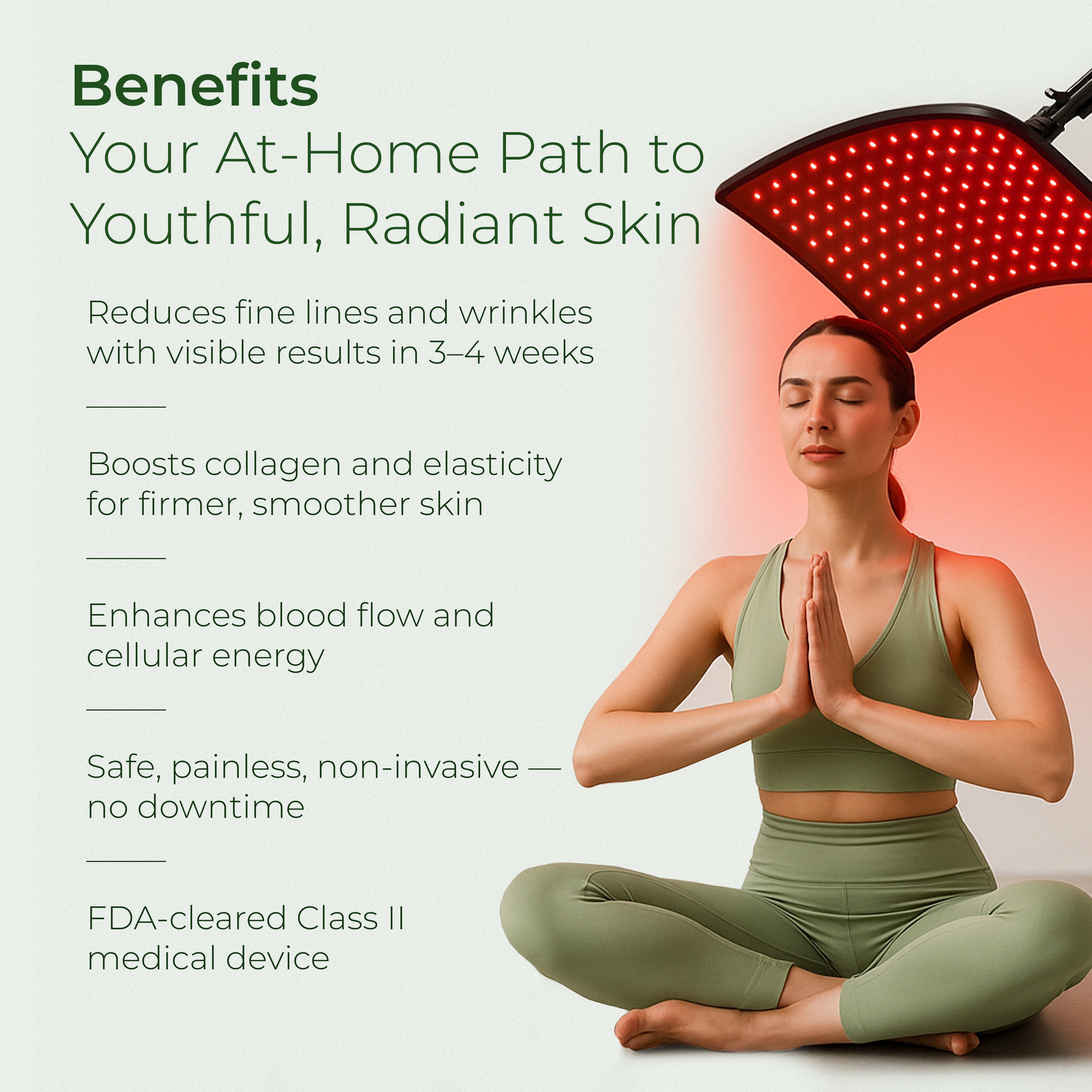

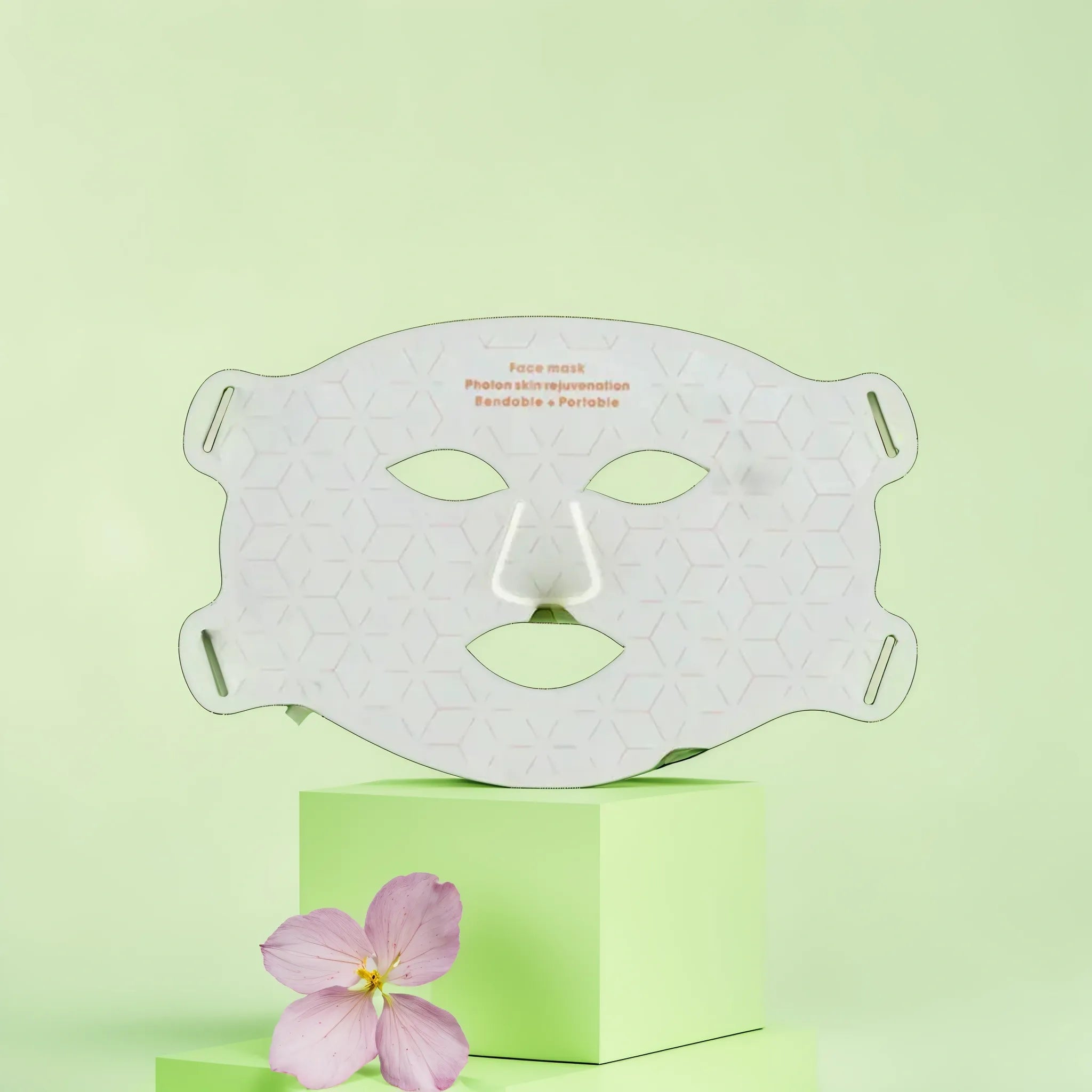
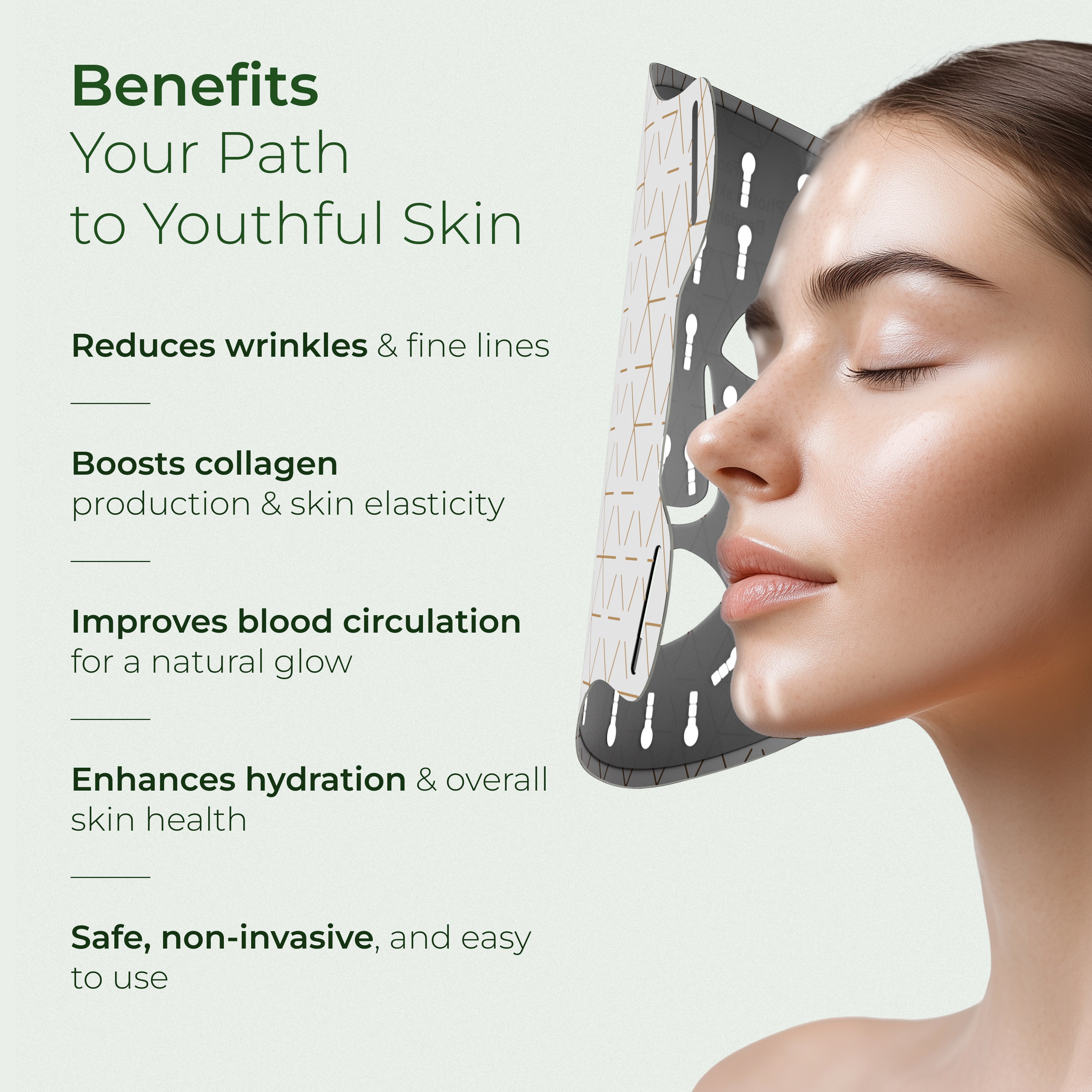


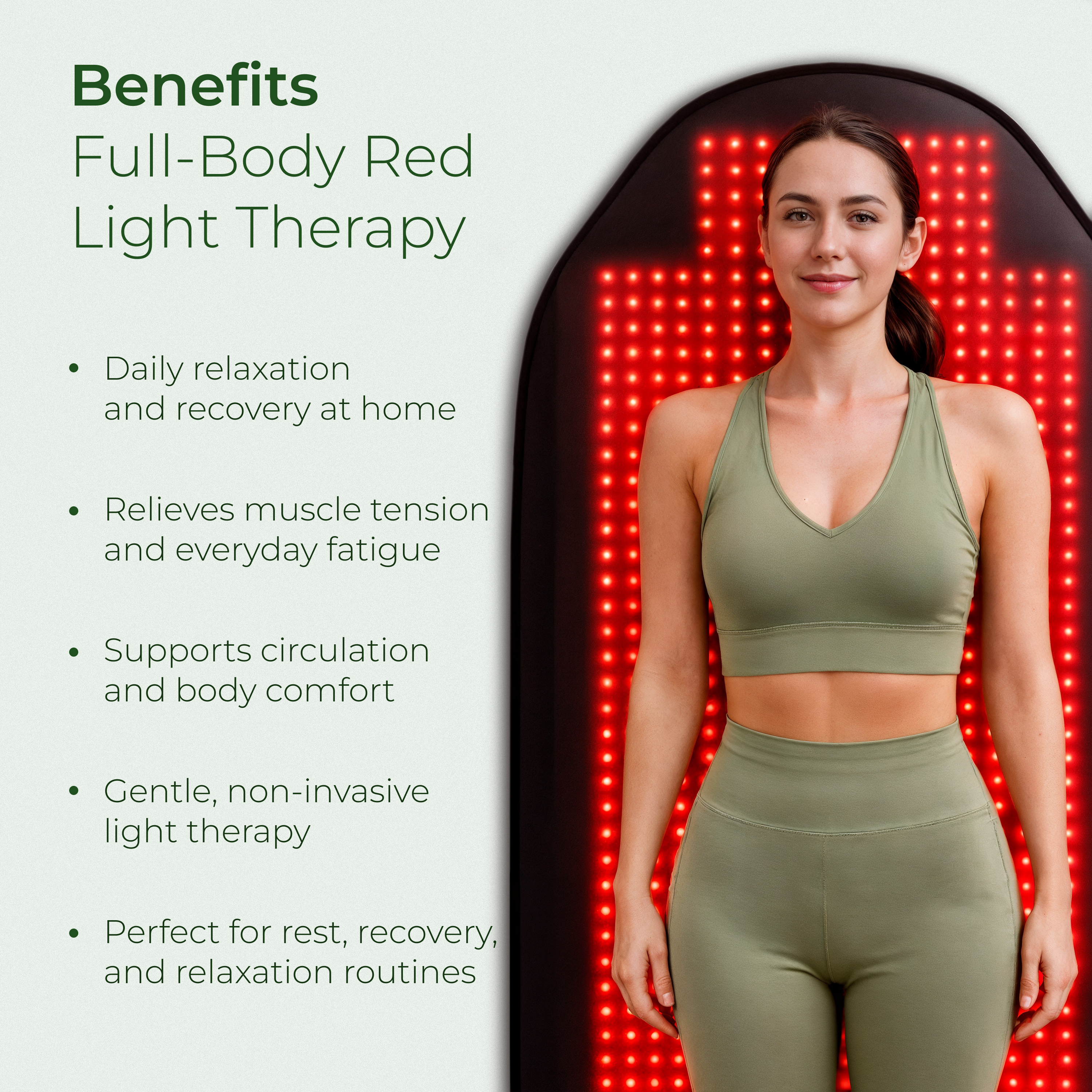
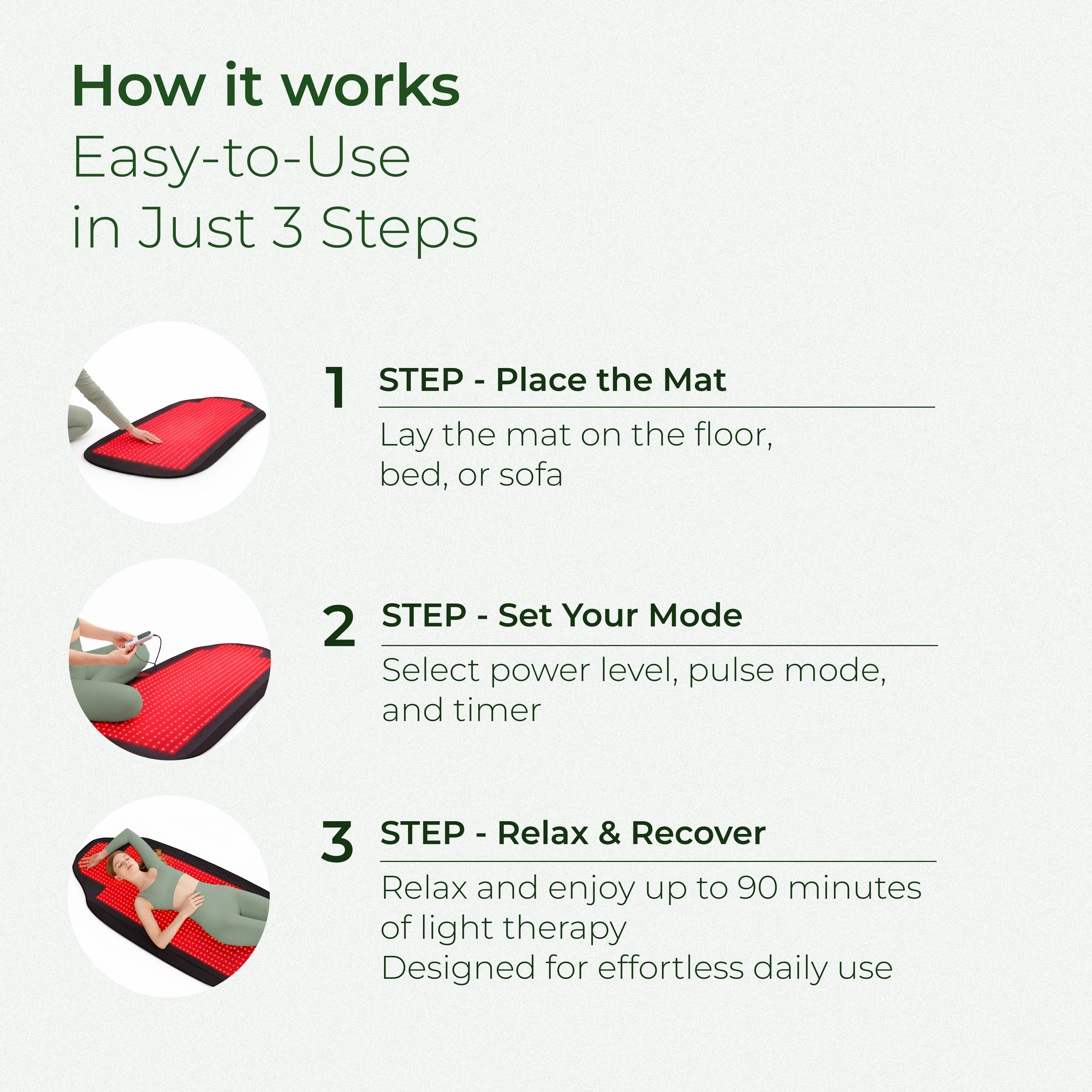
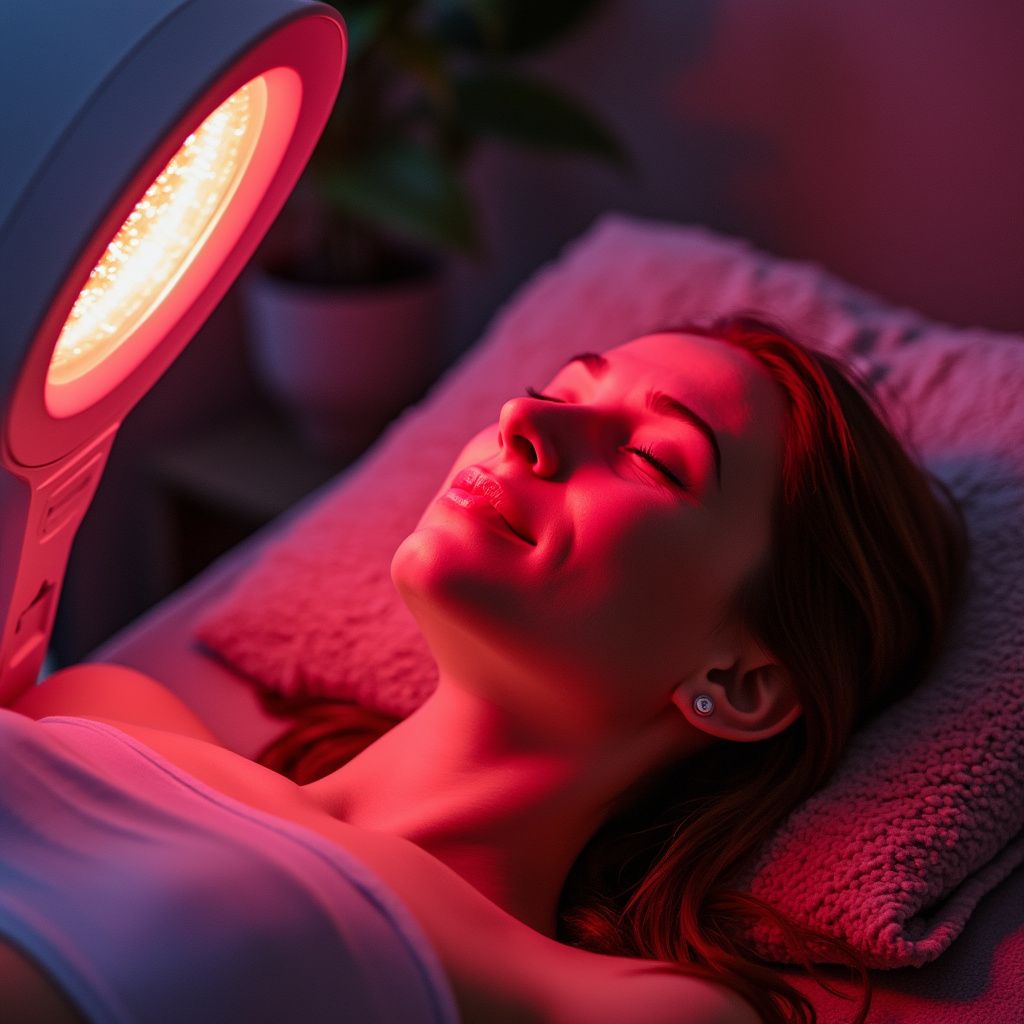

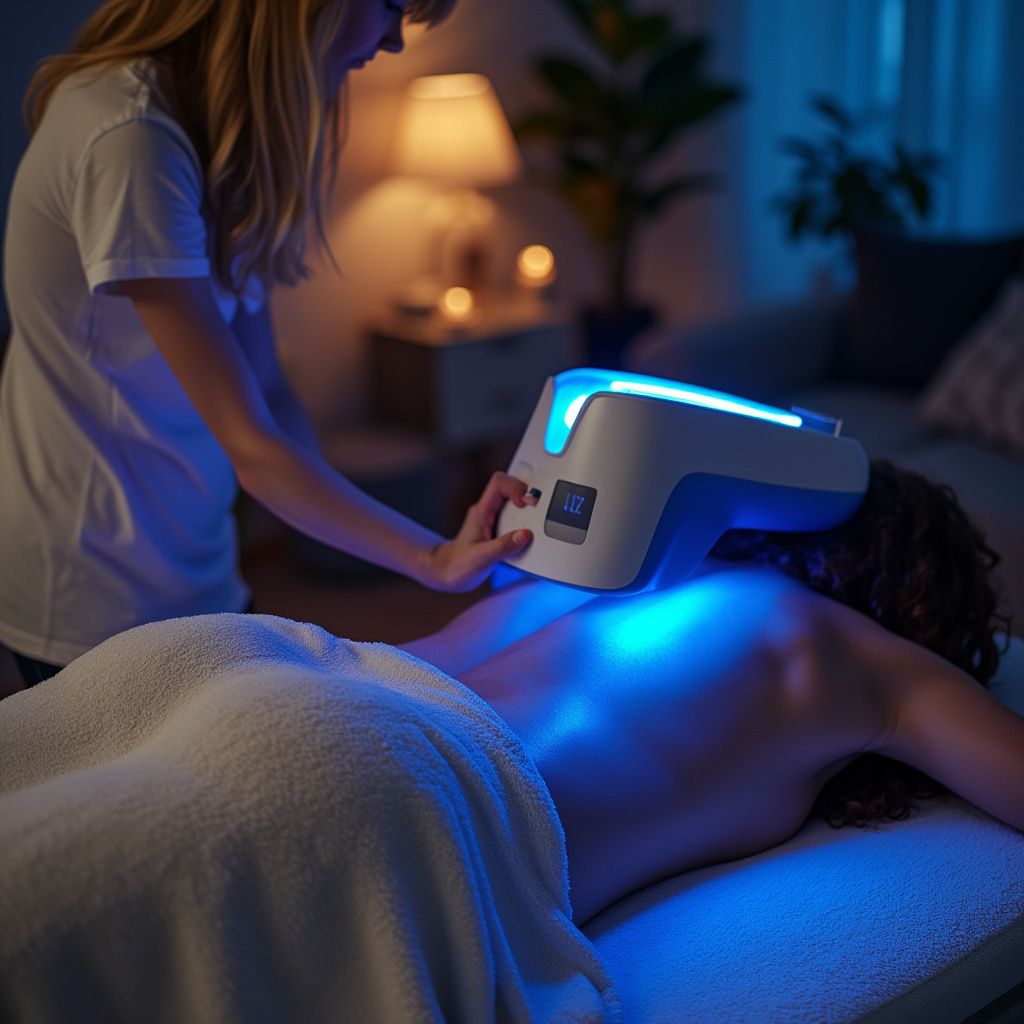
Leave a comment
This site is protected by hCaptcha and the hCaptcha Privacy Policy and Terms of Service apply.